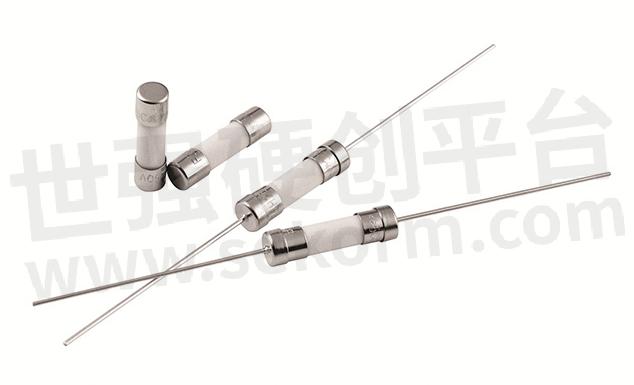How to Select Low Voltage Fuses with Chip Mounts

Chip low-voltage fuse is a type of fuse, abbreviated as Low Voltage Fuses with Chip Mounts. The function of a low-voltage fuse is to provide short circuit protection in the circuit. Its advantages include high breaking capacity, strong reliability, small installation area, convenient maintenance, and low price. The disadvantage is that there are few protection methods and the recovery time of the power supply is long.
How to Select Low Voltage Fuses with Chip Mounts
Commonly used low-voltage fuses include various types such as porcelain plug type, sealed tube type, spiral type, filler type, and so on. The ceramic plug type has poor arc extinguishing ability and is only suitable for use at the end of lines with small fault currents. Other types of fuses have arc extinguishing measures, with strong current breaking ability. The closed tube structure is simple, and the spiral type is safer when replacing the fuse tube. The filling material type has a stronger current-breaking ability.
Low voltage fuses are divided into plug-in, spiral, unfilled, and filled types according to their structural forms. According to the range of breaking current, it can be divided into full-range segmented capacity and partial-range breaking capacity. According to the category of use, it can be divided into: general purpose and protection of electric motors.
When selecting patch low-voltage fuses, we need to determine the type of fuse based on the usage conditions. When selecting fuse specifications, we should first select the specification of the melt, then select the specification of the fuse based on the melt, and then have a good coordination between the protection characteristics of the fuse and the overload characteristics of the protected object.

Fig.1
- +1 Like
- Add to Favorites
Recommend
- Low Voltage Fuses: Essential Protective Components in Low-Voltage Circuits
- Classification of Fuses
- The Difference between Fuses and Fuses
- Repair Methods for Fuses -0805 Fuses
- What Is The Difference between Resettable Fuses and Traditional Fuses?
- Guidelines for Selecting Self Restoring Fuses and Disposable Fuses
- The Types of Fuses
- The Price Trend and Future of Fuses
This document is provided by Sekorm Platform for VIP exclusive service. The copyright is owned by Sekorm. Without authorization, any medias, websites or individual are not allowed to reprint. When authorizing the reprint, the link of www.sekorm.com must be indicated.





























































































































































































































































































































































































































































































































































































































































































































































































































































































